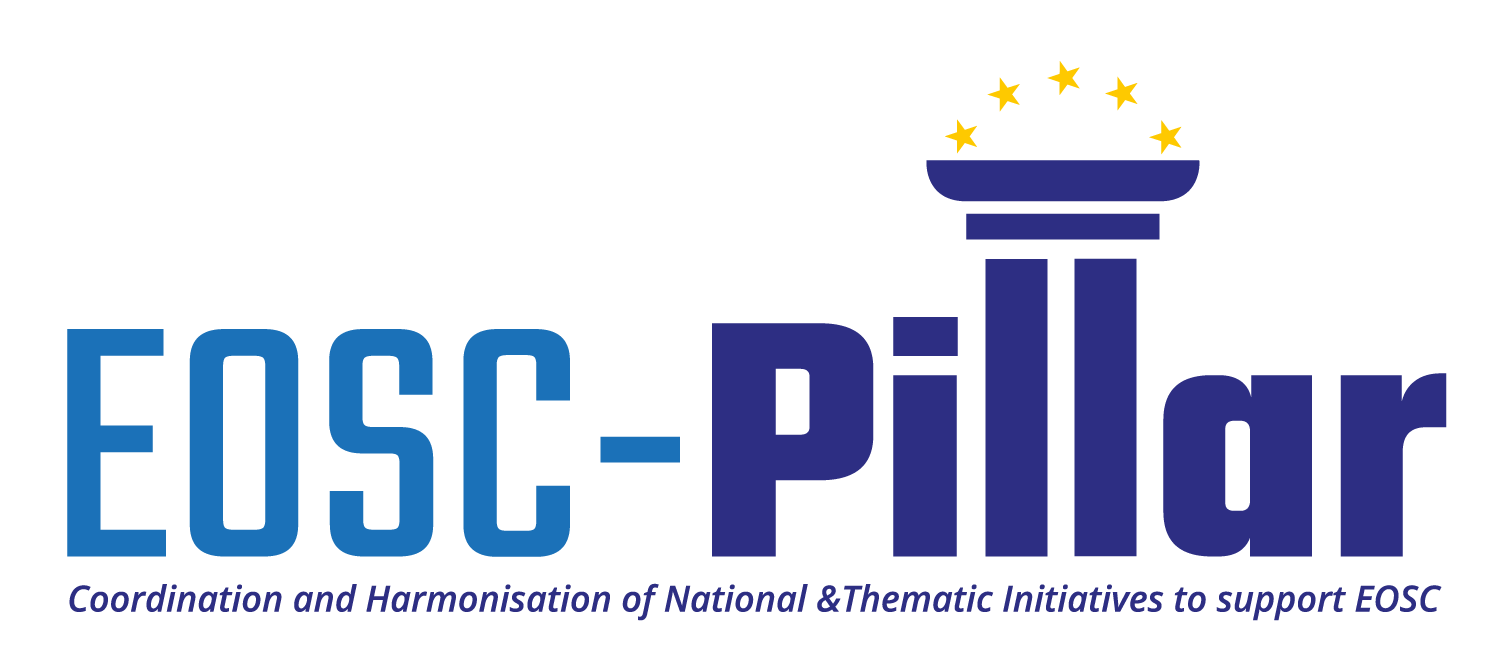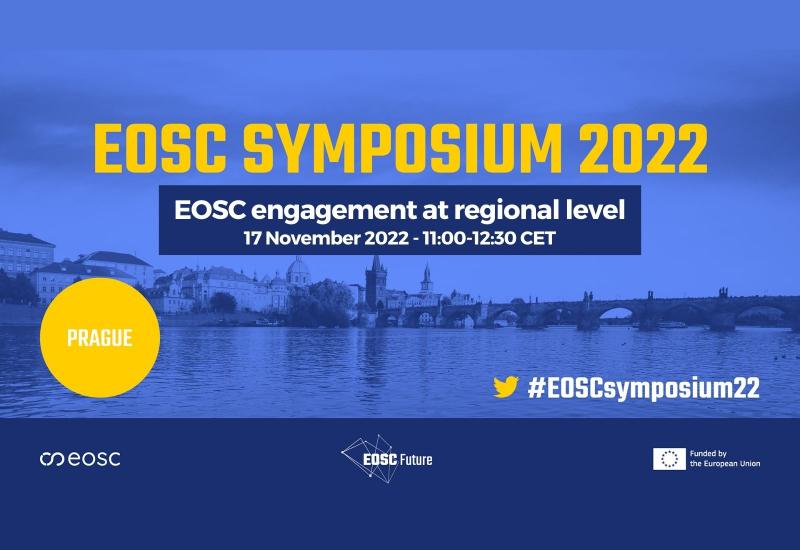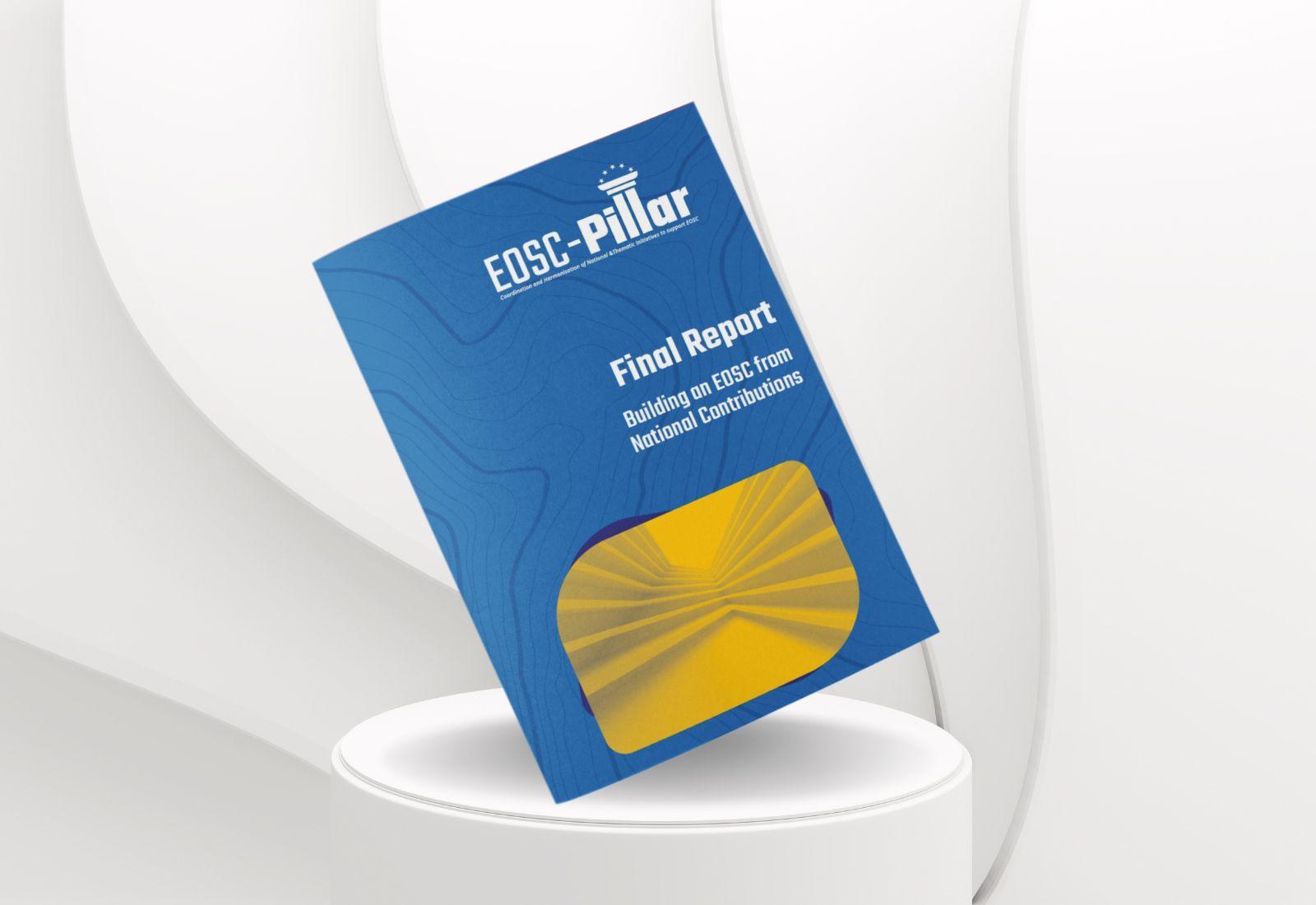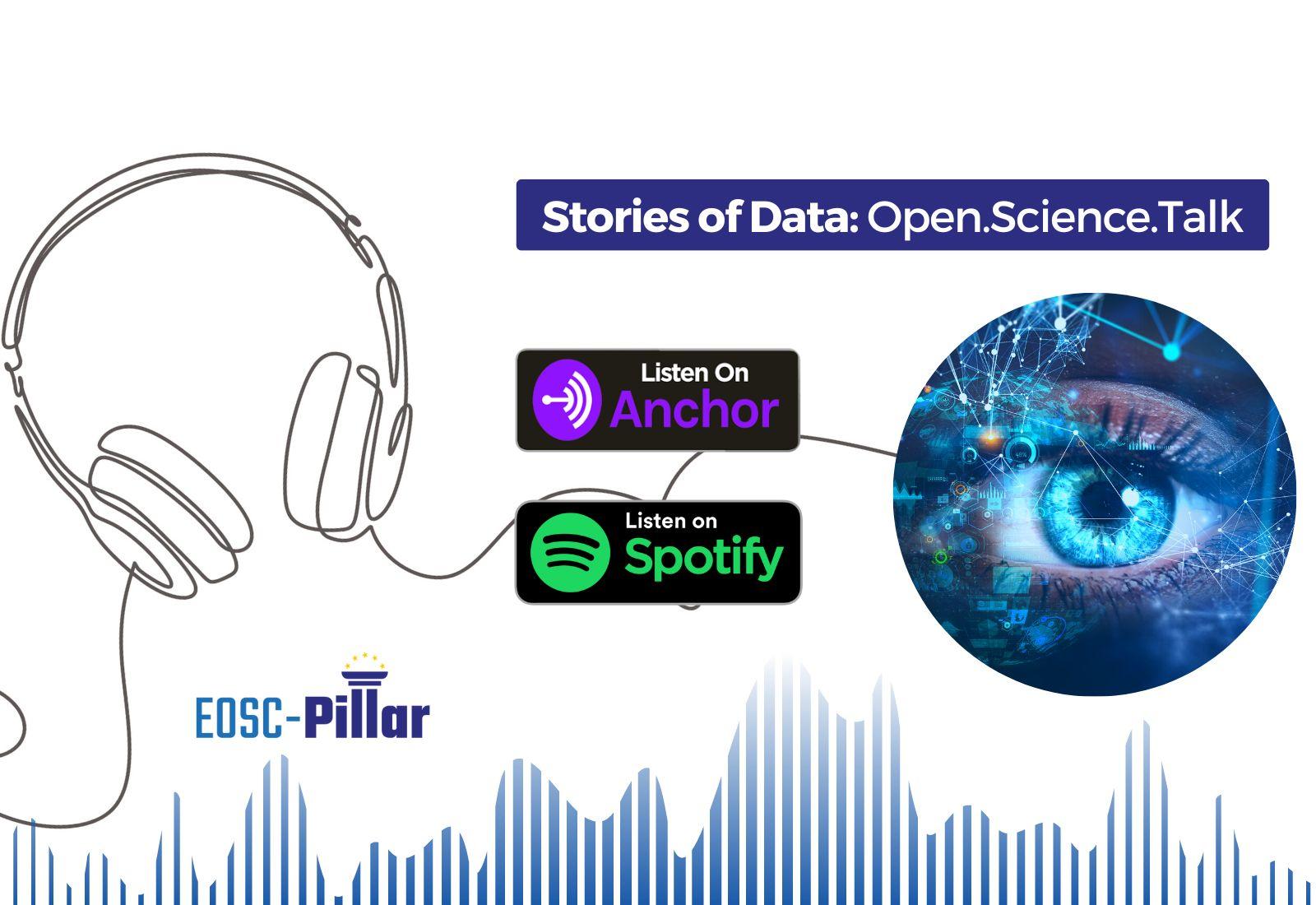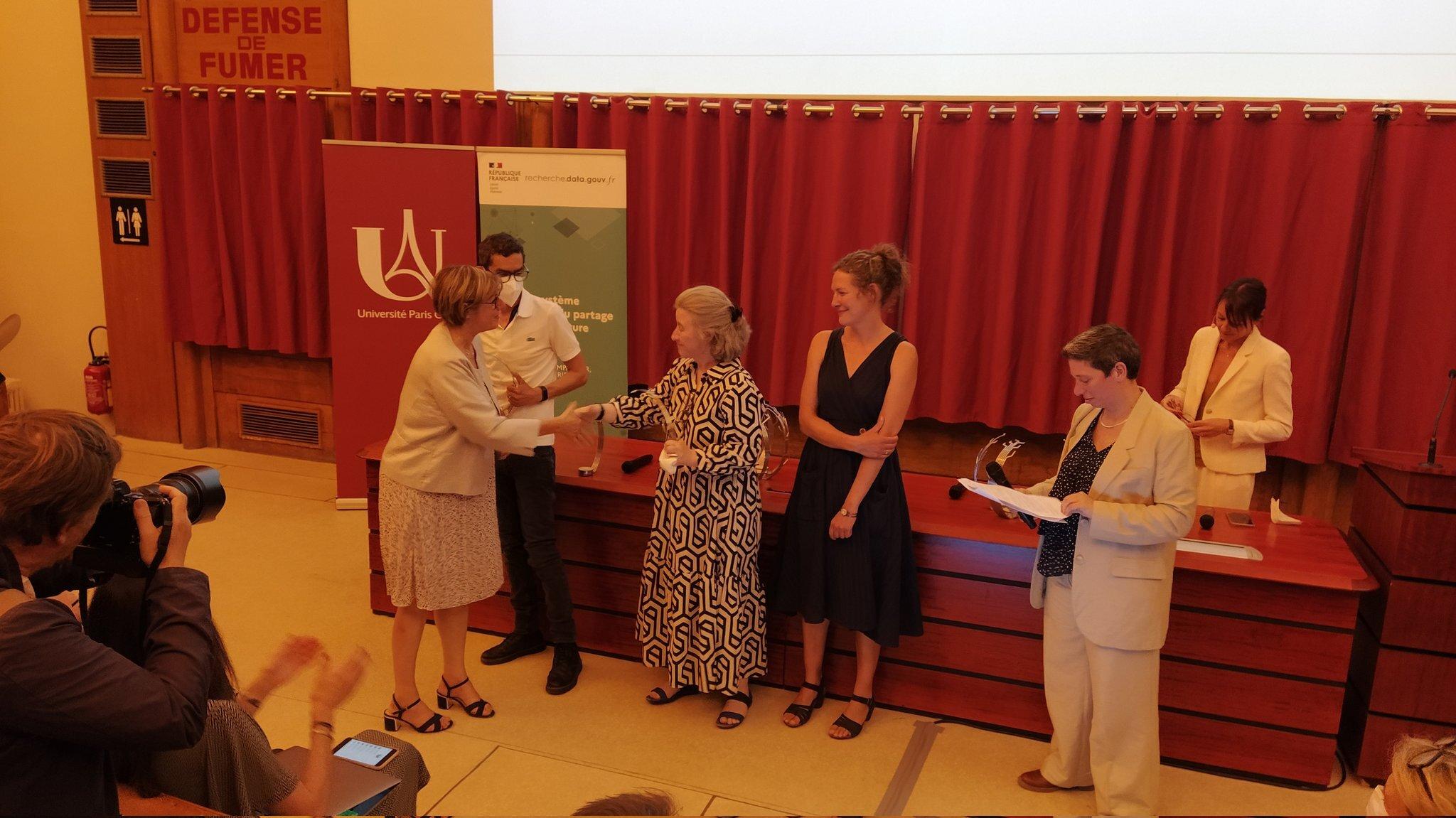
What is Open Science and how does society benefit from it? - Interviews with Austrian research experts
November
16,
2020
News
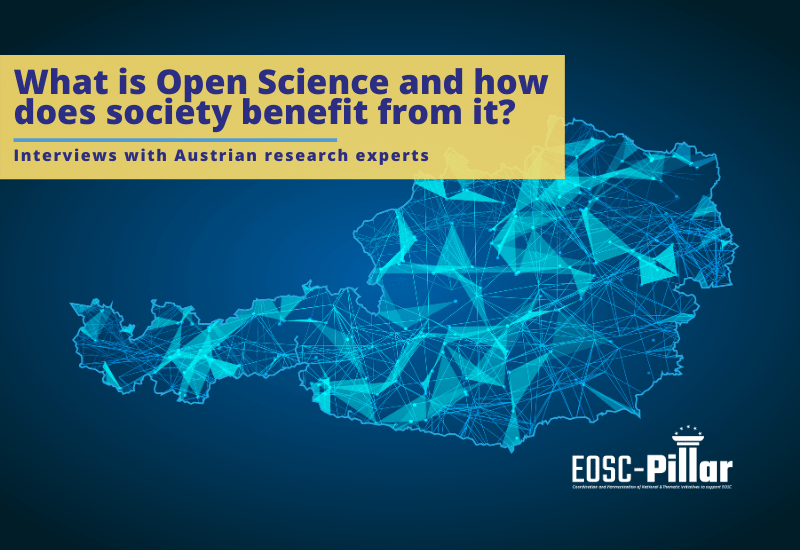
Open Science culture is the pillar of the European Open Science Cloud, but what is Open Science? Why is it relevant for researchers and for society at large?
EOSC-Pillar supported the University of Vienna in creating this informative video featuring interviews with research experts from different disciplines, tackling critical questions related to Open Science and to its importance.
Julia Partheymüller, Senior Scientist, Vienna Center for Electoral Research:
Open Science gives society direct access to knowledge, and knowledge is - as you know - power, and power should be as evenly distributed as possible in a democratic society.
Claudia Hackl, Project Manager, Open Education Austria:
Within our project we develop a specialist portal for open educational resources. They can be shared, uploaded, downloaded and therefore can reach a large number of students way beyond lecture halls or national borders.
Lisa Hönegger, Manager, Austrian Social Science Data Archive:
A dataset that is very important to researchers, policymakers and the general public is the microcensus. For example, this is data on employment or education in the Austrian population. This data is very rich and extensive, and can be used for many projects and research questions. Through Open Science, we can make this data available for researchers free of charge, and this ultimately benefits society as well.
Ronald Maier, Vice-Rector for Digitalisation and Knowledge Transfer, University of Vienna
You can benefit from this opening either directly, by participating in the production of scientific results, or indirectly, because we incorporate such findings into science, economy, culture, or society in general.
Follow EOSC-Pillar and become a part of the EOSC Community in Austria, Belgium, France, Germany and Italy. Discover some of the first results of our project and get involved in the dissemination of Open Science culture!



